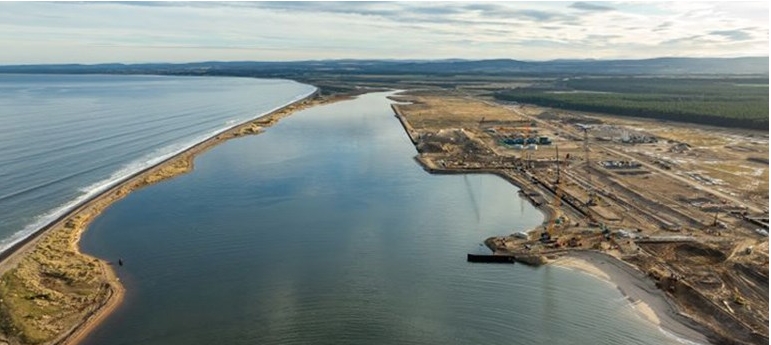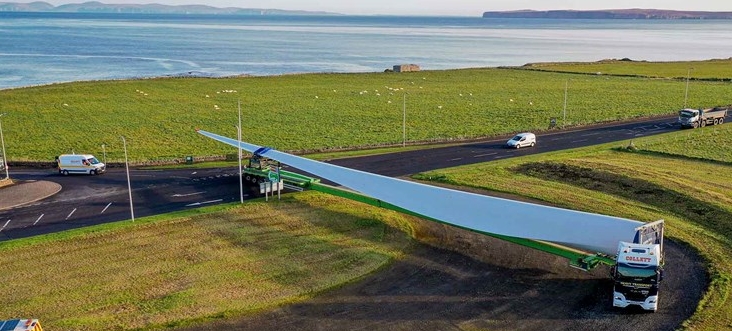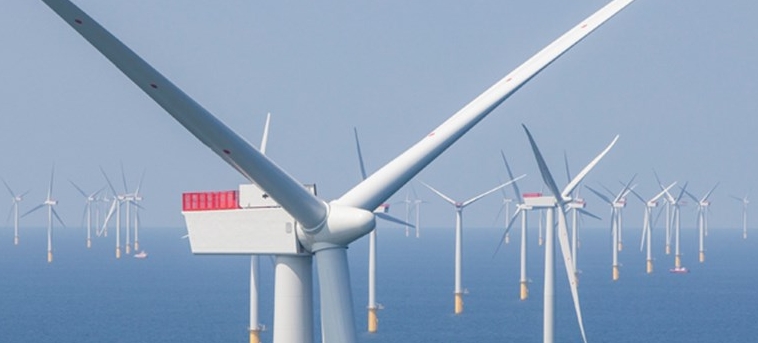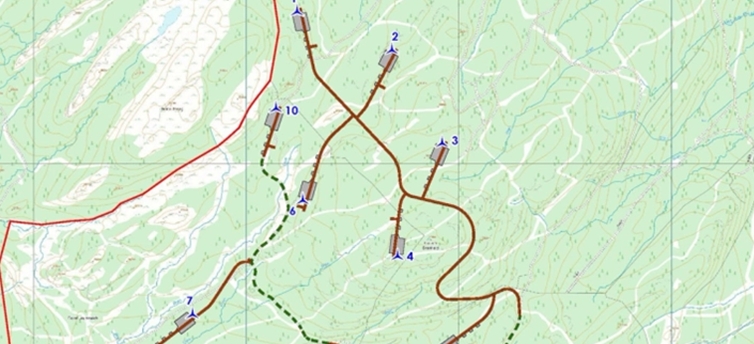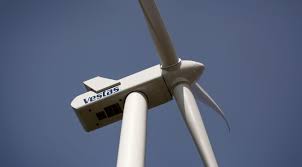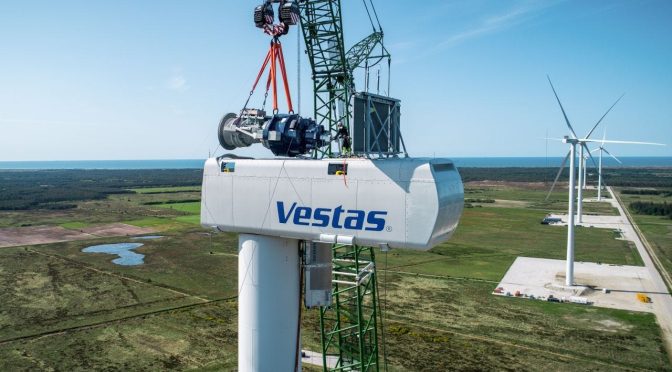The world's only nuclear powered cargo ship yesterday set sail from the Russian port of St Petersburg laden with a cargo of components destined for the Rooppur nuclear power plant under construction in Bangladesh. The NS Sevmorput, which is operated by Rosatom enterprise Atomflot, is transporting the 1400 tonne cargo - described as mainly comprising "metal structures and mechanisms" - to the port of Vladivostock.
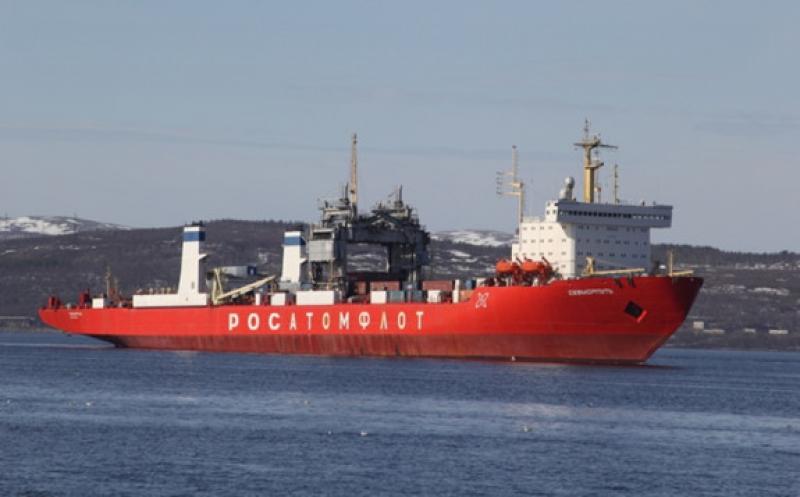 The Sevmorput (Image: Rosatomflot)
The Sevmorput (Image: Rosatomflot)
Mustafa Kashka, general director of FSUE Atomflot, said this is Sevmorput's first eastbound voyage this year. An "active process of ice formation" is currently underway in the waters of the Northern Sea Route, he said, but the vessel's "technical characteristics" mean it will be able to make the journey without needing icebreaker assistance.
Two VVER-1200 reactors are being built by Rosatom engineering subsidiary AtomStroyExport (ASE) on the east bank of the River Ganges at Rooppur, about 160 km northwest of Bangladesh's capital Dhaka. Construction of the first unit, which is due to be commissioned in 2023, began in November 2017 with construction of unit 2 beginning the following July.
Dmitry Tyukaev, ASE's vice president for procurement and supply, said timely delivery of equipment and materials to nuclear power plants under construction is "a very important component" of successful on-time and on-budget project completion. "Cooperation with Atomflot helps us to achieve our goals," he said.
The Sevmorput offers "unique" transport potential, the vessel's captain, Sergei Bralgin, said. The ship is able to carry oversized and heavy cargo, meaning the number of vessels involved in sea transportation can be reduced. It is also equipped with cranes and can independently unload onto an unequipped berth, and has mastered carrying out this operation on "fast" ice, he added.
The voyage to Vladivostok, where the cargo will be unloaded for onwards transportation to Bangladesh, is expected to take 25 days.
Sevmorput was built in Kerch at the Zaliv shipyard. The ship was launched in February 1986 and commissioned in December 1988. Powered by a KLT-40 reactor, it has an icebreaker bow and according to Atomflot is capable of sailing independently in continuous icefields up to 1 metre thick.
